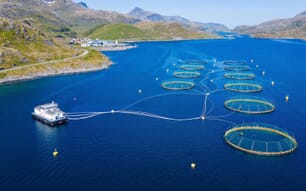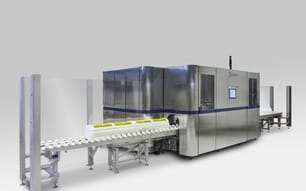So far, South Korea has tested 165 samples of 15 species, including mackerel, cuttlefish and various species of seaweed that are popular delicacies here, according to the Ministry of Oceans and Fisheries, Yonhap News Agency reports.
The results showed that 14 species tested were completely free of radiation with what the ministry called a "very small amount" of a radioactive material detected in tangleweed.
"A very small amount (3.65-5.25 becquerel/kilogram) of iodine was detected in six samples of tangleweed, but they, too, have been confirmed to be safe as the amount is far less than the standard level (300 bequerel/Kilogram)," it said in a press release.
Concerns over exposure to and intake of radiation spurred here shortly after the radiation leakage at Japan's nuclear power plant in Fukushima, which was caused by a powerful earthquake there in March 2011.
Such concerns were recently renewed after the Japanese operator of the Fukushima nuclear power plant admitted for the first time that radioactive water has been leaking into the surrounding waters.
The South Korean government said it will continue to monitor any change in the levels of radiation in fishery products from here and abroad, noting it will conduct a total of 233 tests on samples of 17 species in the second half.





